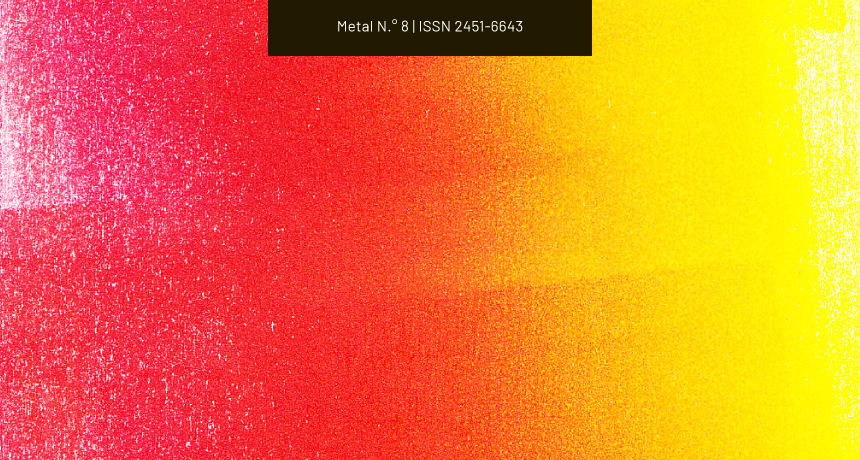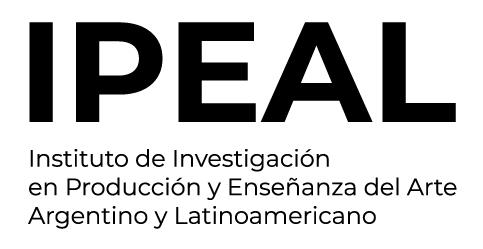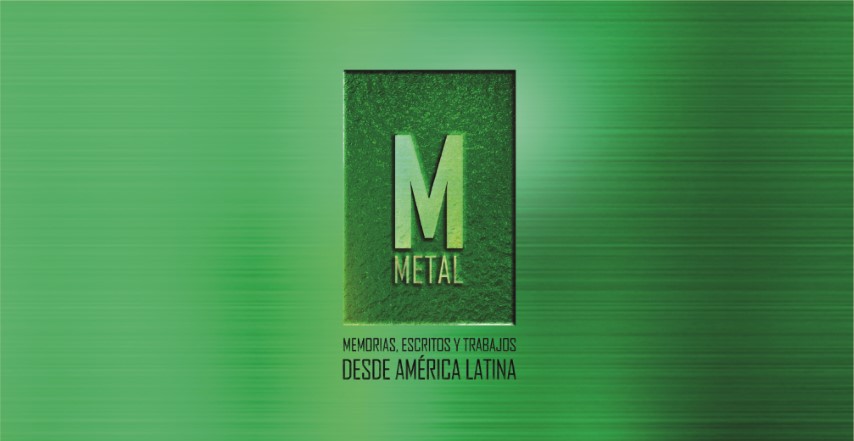Teaching Pottery without Pottery
The UNA Ceramics Workshop During the Pandemia
DOI:
https://doi.org/10.24215/24516643e036Keywords:
Education, ceramics, pandemicAbstract
This article reflects on the teaching proposal implemented in the ceramic workshop of the National University of the Arts, in the framework of the pandemic during the period 2020 and 2021. The proposal consists of analyzing how ceramic classes were taught without pottery in a stopped time and outside the workshop space of the institution.References
Benjamín, W. (1989). La obra de arte en la época de su reproductibilidad técnica. En Discursos interrumpidos I. Taurus.
Benjamín, W. (abril de 1934). El autor como productor. Ponencia presentada por el autor en el Instituto para el estudio del fascismo. Traducción: Bolívar Echeverría. www.alejandriadigital.com
Bourriaud, N. (2007). Postproducción. Adriana Hidalgo editora.
Jiménez, J. (2003). Teoría del arte. Tecnos.
Olio, G. y otros. Cerámica expandida. Pedagogías experimentales en la enseñanza universitaria. I Congreso Internacional de Enseñanza y Producción de las Artes en América Latina – CIEPAAL, Facultad de Artes, UNLP. (La Plata, octubre 2017).
Sánchez Vásquez, A. (1980). Filosofía de la praxis. Grijalbo.
Downloads
Published
How to Cite
Issue
Section
License

This work is licensed under a Creative Commons Attribution-NonCommercial-ShareAlike 4.0 International License.
The acceptance of the manuscript by the magazine means the non-exclusive cession of the property rights of the authors in favour of the editor, who allows the reuse, after publication (post print), under a license Attribution-NonCommercial-NoDerivatives 4.0 International.
According to these terms, the material can be copied and redistributed by any means or in any format as long as a) the author and original source of the publication are quoted (magazine and URL of the work), access to the license is provided and whether changes have been made is mentioned; and b) the material is not used for commercial purposes.
The cession of non-exclusive rights means that after the publication (post print) in Metal the authors can publish their work in any language, means and format; in such cases it must be mentioned that the material was originally published in this magazine. Such cession also means the authorization of the authors for the work to be collected by SEDICI, the institutional archive of the Universidad Nacional de La Plata, and to be spread in the databases that the editorial team considers appropriate to increase the visibility of the publication and its authors.
Moreover, the magazine encourages the authors to deposit their productions in other institutional and thematic archives under the principle that offering the society the scientific and academic production without any restrictions contributes to a greater exchange of the global knowledge.



























